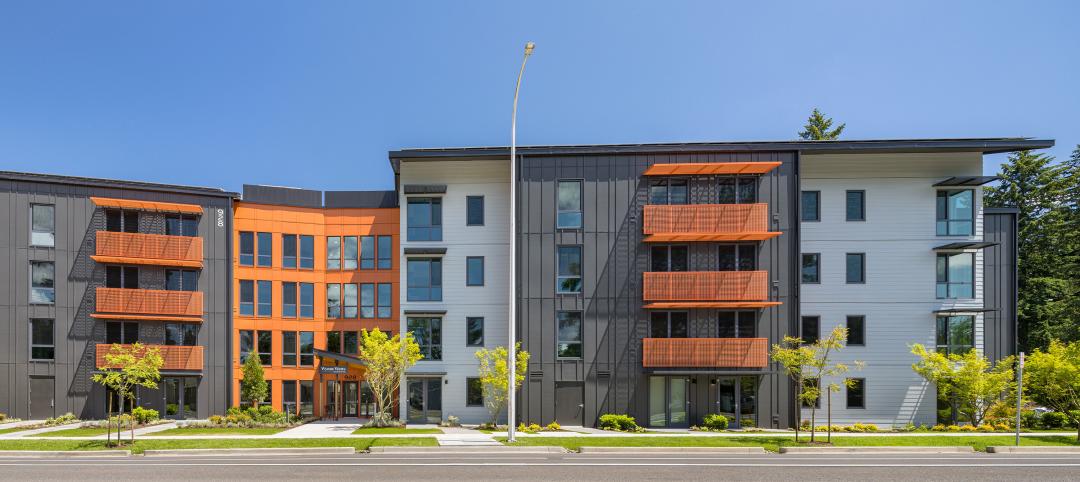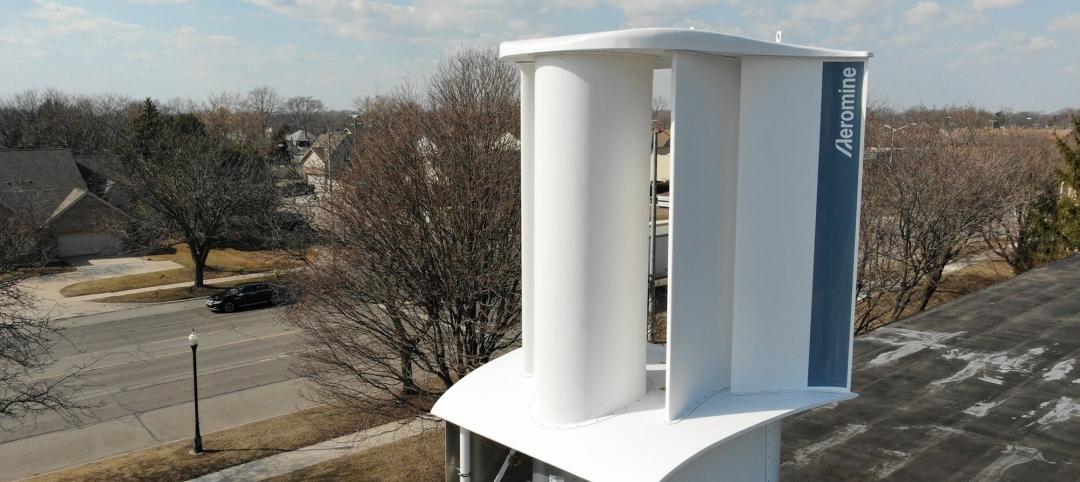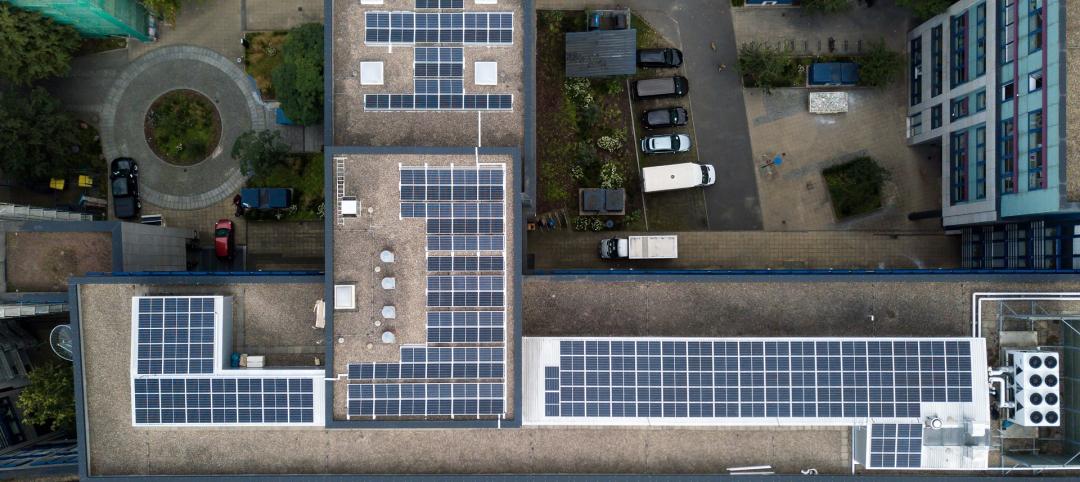In recent months, three of Nevada’s largest casino companies announced plans to step up purchasing and producing more renewable energy for their hotels. The casinos are responding to increasing demand for responsible energy use from companies that rent their conference halls.
They also want to take advantage of a surplus of cheap power from solar farms in Nevada and California. As the largest customers of Nevada’s utility companies, their actions threaten the profitability of these large legacy electric providers.
If utilities lose the income from the major casinos, other customers would be subject to significant rate hikes, the utilities say. So, the public utility commission (PUC) of Nevada is requiring the casinos pay tens of millions of dollars to leave NV Energy’s services. The casinos have appealed that December 2015 ruling, arguing that the requirement is illegal.
In a related matter, the city of Las Vegas is planning to use 100% renewable energy for its municipal buildings, fire stations, city parks, and streetlights by 2017. That would make Las Vegas the largest U.S. city to achieve such a goal. To get PUC approval for that plan, the city had to pledge to buy most of the power from an NV Energy solar plant.
Related Stories
Energy | Mar 20, 2023
Battery energy storage market predictions are trickier than ever
Burns & McDonnell breaks down the state of battery energy storage today, from pricing concerns to alternative solutions.
Affordable Housing | Feb 22, 2023
Passive House, sustainability standards meet multifamily development
These multifamily developments are not only Passive House (PHIUS) certified, but affordable for tenants.
Sustainability | Feb 9, 2023
University of Southern California's sustainability guidelines emphasize embodied carbon
A Buro Happold-led team recently completed work on the USC Sustainable Design & Construction Guidelines for the University of Southern California. The document sets out sustainable strategies for the design and construction of new buildings, renovations, and asset renewal projects.
Sustainability | Feb 8, 2023
A wind energy system—without the blades—can be placed on commercial building rooftops
Aeromine Technologies’ bladeless system captures and amplifies a building’s airflow like airfoils on a race car.
Green | Dec 9, 2022
Reaching carbon neutrality in building portfolios ranks high for organizations
Reaching carbon neutrality with their building portfolios ranks high in importance among sustainability goals for organizations responding to a Honeywell/Reuters survey of senior executives at 187 large, multinational corporations. Nearly nine in 10 respondents (87%) say that achieving carbon neutrality in their building portfolio is either extremely (58%) or somewhat (29%) important in relation to their overall ESG goals. Only 4% of respondents called it unimportant.
Green | Dec 9, 2022
Newly formed Net Zero Built Environment Council aims to decarbonize the built world
Global management consulting firm McKinsey recently launched the Net Zero Built Environment Council, a cross-sector coalition of industry stakeholders aiming to decarbonize the built world. The council’s chief goal is to collaboratively create new pathways to cut greenhouse gas emissions from buildings.
Energy Efficiency | Dec 6, 2022
Washington state’s Building Code Council mandates heat pumps in all new residential construction
The Washington State Building Code Council has voted to require heat pumps for all new residential construction starting in July 2023. The new mandate has drawn criticism over concerns that it will add costs to housing construction, especially given current supply chain challenges for heat pumps.
Legislation | Nov 23, 2022
7 ways the Inflation Reduction Act will impact the building sector
HOK’s Anica Landreneau and Stephanie Miller and Smart Surfaces Coalition’s Greg Kats reveal multiple ways the IRA will benefit the built environment.
Energy-Efficient Design | Nov 14, 2022
How to achieve net zero energy in five steps
Martine Dion and Ethan Seaman share net zero energy best practices with owners and developers.
Green | Nov 13, 2022
NREL report: Using photovoltaic modules with longer lifetimes is a better option than recycling
A new report from the U.S. National Renewable Energy Laboratory (NREL) says PV module lifetime extensions should be prioritized over closed-loop recycling to reduce demand for new materials.

















